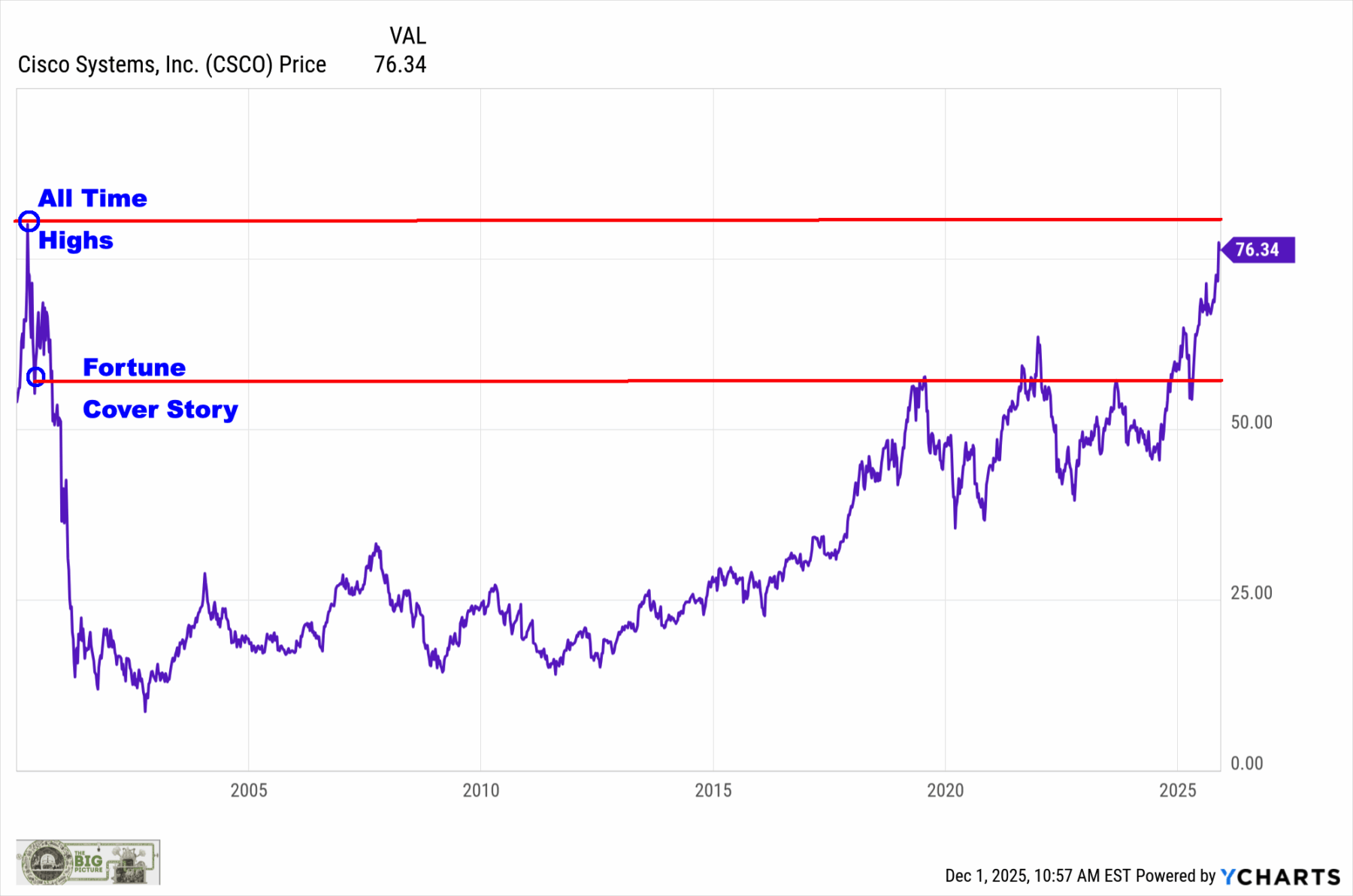In several recent posts, I pushed back on a claim by Scott Alexander than making cities denser will also make them more expensive. That claim is certainly true for many factors that boost density. But I argued that those density increases that are spurred by the deregulation of construction would usually lower housing prices.
Even in that case Alexander might be correct, but I view the claim as unlikely. For it to be true, the boost to housing demand flowing from an improvement in city quality due to new construction would have to outweigh the supply side effects of adding to the housing stock.
I have a similar objection to Tyler Cowen’s recent claim that New York City’s new congestion charge will reduce welfare. He might be correct, but I believe he puts too much weight on one factor, and too little on several others.
Tyler correctly notes that places like Manhattan generate positive external benefits, due to the productivity-boosting impact of agglomeration (bringing lots of talented people together.) In anything, Manhattan may not be crowded enough. So far I agree. Tyler then suggests that a congestion charge will keep people out of Manhattan, and hence make the place less dense, reducing the productivity of the US economy. That claim seems doubtful, for several reasons.
1. Yes, density and traffic congestion are positively correlated, but they remain clearly distinct phenomena. For instance, imagine that a congestion charge for driving into Manhattan caused commuters from New Jersey and Connecticut to switch to mass transit. That would reduce traffic congestion without reducing density. Unfortunately, mass transit is not a particularly close substitute for the car, and Tyler correctly argues that this factor would not be enough to overturn his result. But now suppose that commuters to Manhattan decided to avoid the congestion charge by moving to the city. Builders might respond by putting up more of those high-rise condo buildings. It might actually make the city denser.
It would make no sense to argue that “a measly congestion charge wouldn’t make people move to Manhattan”, as if that were true it would be equally true that a measly congestion charge would not cause jobs to flee to New Jersey. If it is significant enough to affect behavior, it might affect it in the direction toward more density. In addition, the congestion charge might make Manhattan a nicer place to live, which would encourage more people to wish to move there. Orange County is about to put tolls on “the 405”, which makes me feel much better about my decision to locate here. I can’t wait to drive to LA on the new toll road. If I had retired in Manhattan, I’d strongly favor the proposed congestion charge. So why would we expect Manhattan to become less dense. Am I that atypical?
2. Singapore adopted a basic congestion charge back in 1975, and implemented a flexible electronic system in 1998. Since that time, the city has become far denser. You might argue that this is because lots of people have immigrated to Singapore, and has nothing to do with the congestion charge. But isn’t Singapore’s allure partly due to the perception that it’s very well run, and isn’t the congestion charge a part of being well run? London also instituted a congestion charge, and I’m not aware of any of the anti-density effects that Tyler worries about. Would Tyler recommend that London and Singapore abandon their congestion charges and go back to the old system? After all, those cities also share significant positive externalities from the interaction of talented people in a dense place.
Yes, density and congestion are positively correlated. But they are not identical. There’s no logical reason why a policy that encourages density through less restrictive zoning need conflict with another policy that reduces time wasted sitting in traffic through a congestion charge. The issues are related, but not identical. Thus I cannot accept this argument in Tyler’s recent post:
On net, do you think our most important cities should be more or less dense? If you support YIMBYism, which surely does make traffic worse, have you not already answered that question? So either become a NIMBY or — better yet — be a little more consistent applying your intuitions about the net positive externality from Manhattan density. A simple way to put the point is that an export tax on your TFP [total factor productivity] factory is unlikely to be the best way to reduce congestion.
He’s right that an export tax on Manhattan would be counterproductive. But a congestion charge is not an export tax. It’s not even a transport tax. It’s an auto transport tax.
Here’s why I was reminded of the earlier debate with Scott Alexander. Deregulating construction will certainly add to housing supply, which tends to reduce prices. It might also make the city more desirable, which would push in the other direction. But note that many homeowners oppose housing construction precisely because they fear for the quality of their community. So the latter affect is ambiguous.
Similarly, a congestion charge will certainly reduce time wasted sitting in traffic, which has a clear positive impact on welfare. Also less noise and air pollution. (It’s also an efficient way to raise revenue, allowing for reduction of more distortionary taxes (or spending on mass transit, if you prefer.)) It might reduce density, by making it hard to drive into the city, but it also might raise density by making Manhattan a more desirable place to live. Thus a clear benefit (less congestion) and a possible harm (less density?)
On balance, I suspect that both Scott Alexander and Tyler Cowen have put too much weight on a single factor. I cannot say for certain that they are wrong, but I lean toward the boring conventional wisdom on both issues. (Which annoys me, as I prefer to be a contrarian.)
















